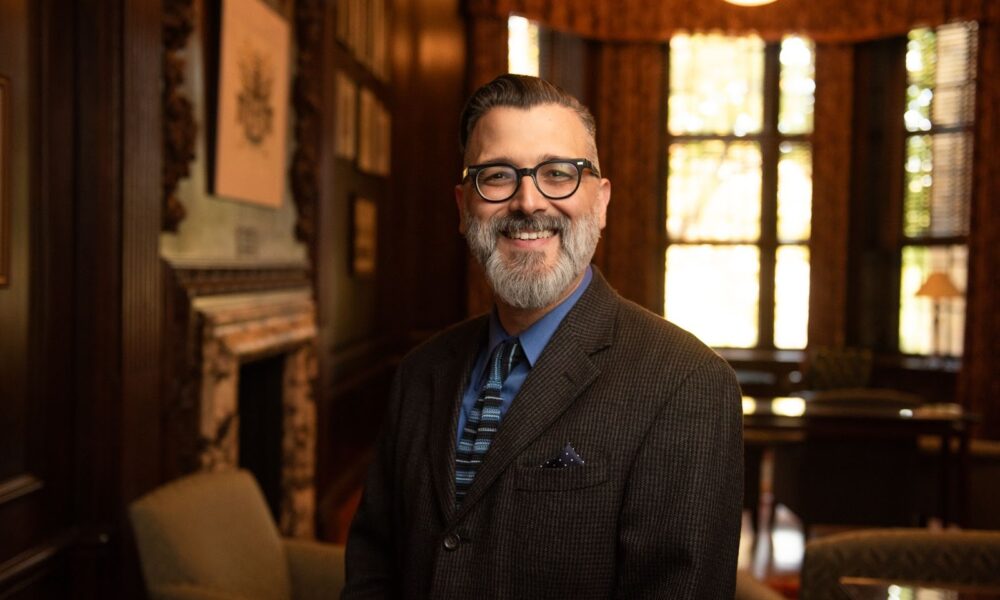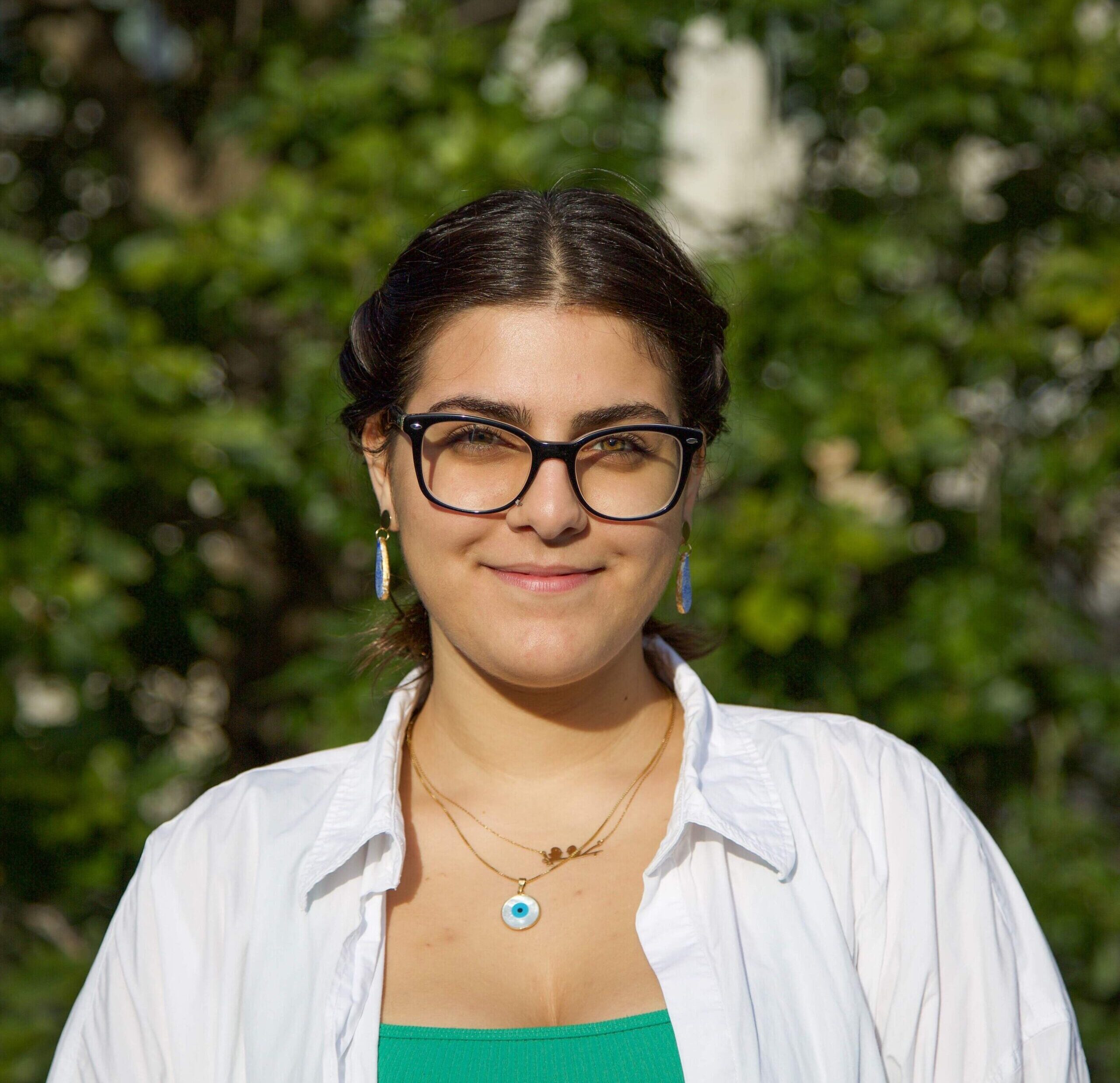Víctor Muñiz-Fraticelli is an associate professor of Political Science and Law at McGill, making him jointly appointed in both the Faculty of Law and the Faculty of Arts. His union membership card pledges the Association of McGill Professors of Law and he will serve as one of the representatives of the Arts Faculty at the Senate starting in September 2024. The Tribune spoke with Muñiz-Fraticelli hours before the results of the election were announced.
Ghazal Azizi: First, let’s talk about why you decided to run for McGill Senate.
Víctor Muñiz-Fraticelli: I have been Vice-President (VP) External of MAUT [the McGill Association of University Teachers] for two years [….] I decided not to run again as VP External for MAUT because I expect the law union to which I belong to get a collective agreement with the university, at which point the MAUT Constitution makes me ineligible for MAUT membership. But I still wanted to be involved in university governance. I have an academic interest, not just an interest as an employee of the university […] in the history and justifications of university governance.
Currently, TA strikes and three different faculties are pushing for collective agreements with McGill. How do you see the university labour landscape changing?
I’ll give you the scholarly pitch here. Universities in Europe organized around the 11th and 12th centuries as either student associations or faculty associations. The first university in Europe, the University of Bologna, start[ed] as basically a student union […] and what they used as a legal institution to organize is the Roman corporation [or] universitas. So we’d like to think that the university is this universal thing, but it actually just means “turned into one thing.”
Today, what we see is a system of supposed shared governance, where academic matters are decided by the Senate and financial and administrative matters are decided by the Board of Governors [BoG]. The BoG is overwhelmingly controlled by non-academics [….] Meanwhile, in the Senate, what you see is [the] control of the agenda by high-level administrators […] who answer ultimately to […] that same BoG [….] And my sense is that, in order to return to the original idea of the university, faculty members need to use the institutional means at their disposal, which today are labour unions, to organize a body that only answers to faculty.
With student unions, we’ve reached the point where it’s difficult to get students engaged. Do you foresee this disengagement happening with faculty unions?
There are roughly two models that labour unions have followed. One […] is an activist model […] where the labour unions mostly relate to their membership in a constant organizing mode. So we’re always organizing for the next collective agreement negotiation […] which means that you need to get people constantly involved, constantly writing, and governance has to be horizontal. The other model has been the service model […] where the labour unions mostly relate to their members in terms of the services they can provide for them [….] All labour unions still have to offer some of those services, but the problem is that if you go too far towards the service side, people become disengaged [….] The idea, for me, is to see the faculty more seriously as your identity [….] This is one of the main sources of satisfaction for you as a person, so you should cultivate membership to the faculty as a body.
What are your hopes for the Arts Professors Union’s launch rally today?
What I’m mostly hoping for, quite frankly, is a show of solidarity from the other associations on campus [….] Right now we have 15 certified unions […] plus two that are seeking certification, in addition to two non-unionized associations […] MAUT and MUNASA [the McGill University Non-Academic Staff Association]. [A] lot of them have expressed not only support in social media for the Faculty of Arts Union but are also going to […] brave the elements to show solidarity for them.
This is a sea change in terms of the way that professors perceive themselves in the university and the way they perceive their relationship to others [….] Professors now realize they have […] a reconfigured common interest with all these other people on the campus, because […] everybody’s doing an essential job […] from the maintenance of the power plant to the data centres to all the administrative support we have, to, of course, [teaching assistants]. We cannot do our job without everybody else, which means that we need to be in solidarity with them, just as they are in solidarity with us.










